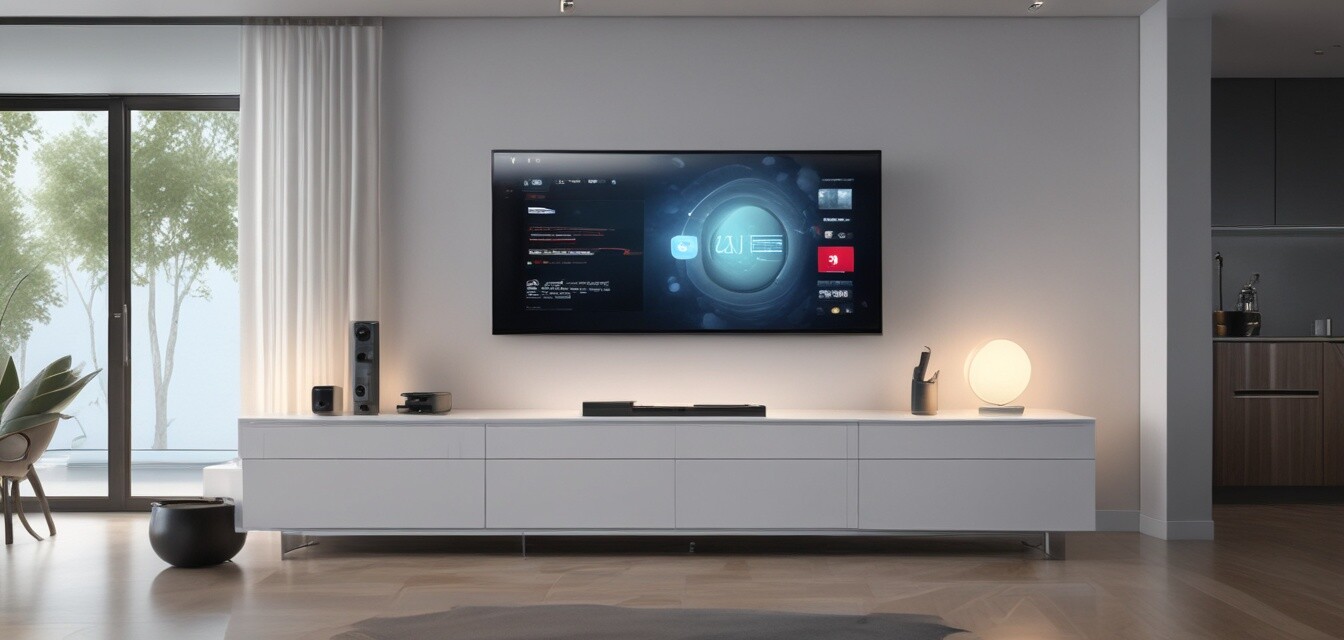
Apple vs. Android: Which Ecosystem is Right for Your Smart Home?
Key Takeaways
- The Apple ecosystem offers seamless integration with high-end devices, making it ideal for Apple users.
- The Android ecosystem provides flexibility and variety, allowing for a more customized smart home experience.
- Consider your existing devices and preferences when choosing between Apple and Android for your smart home.
- Both ecosystems have unique advantages and can enhance your home in different ways.
The choice between the Apple and Android ecosystems is a significant consideration for anyone looking to enhance their smart home experience. Both platforms present unique features, advantages, and limitations. In this article, we'll break down the details to help you identify which ecosystem best meets your needs.
Understanding the Ecosystems
At the core of smart home integration are ecosystems — the interconnected systems of devices and applications that allow users to manage their smart home technology. Let's explore what makes Apple and Android distinct.
Apple Ecosystem
The Apple ecosystem is renowned for its seamless integration and user-friendly interface. Devices like the iPhone, iPad, and HomePod work beautifully together, often leading to a more cohesive smart home experience.
Android Ecosystem
Android's flexibility and variety set it apart. Users can mix and match devices from countless manufacturers, creating a customized smart home that fits their exact needs.
Comparison Table: Apple vs. Android Ecosystem
| Feature | Apple Ecosystem | Android Ecosystem |
|---|---|---|
| Device Compatibility | Limited to Apple products | Variety of manufacturers |
| User Interface | Intuitive and consistent | Varies by manufacturer |
| Security | Highly secure with regular updates | Varies by device; updates depend on manufacturer |
| Integration | Seamless integration among devices | Highly customizable; potential compatibility issues |
| Smart Home Focus | Strong focus on premium devices | Luxurious and budget options available |
Pros and Cons of Each Ecosystem
Apple Ecosystem: Pros
- Highly intuitive and user-friendly.
- Strong security and privacy measures.
- Seamless integration among devices.
- High-quality design and build.
Apple Ecosystem: Cons
- Higher cost of entry.
- Limited compatibility with third-party devices.
- Fewer customization options.
Android Ecosystem: Pros
- Wide variety of devices from multiple manufacturers.
- More budget-friendly options available.
- Highly customizable experience.
- Poor internet connectivity can be less impactful due to device flexibility.
Android Ecosystem: Cons
- Potential compatibility issues.
- Varied quality and user experience across devices.
- Security updates depend on manufacturer.
Product Recommendations for Your Smart Home
Depending on the ecosystem you choose, here are some quality products to consider in each category.
Ninja FS301 Professional Maker
Create smooth, flavorful frozen drinks with the Ninja FS301 Professional Maker featuring RapidChill Technology.
Learn MoreMaking the Right Choice for Your Smart Home
Ultimately, the decision between Apple and Android should be based on your personal preferences and the devices you already own. If you value seamless integration and are already in the Apple ecosystem, it may be wise to continue with Apple. Conversely, if you prefer flexibility and customizability, the Android ecosystem may be the way to go.
Consider your lifestyle and how you plan to use your devices. Both options can elevate your living space when properly implemented.
Further Reading
For more information about smart home devices and luxury options, check out these helpful resources:
- High-Performance Fitness Equipment
- Luxury Electronics
- Luxury Beauty and Skincare
- Luxury Home Decor and Furniture
- Designer Fashion and Accessories


